25 Best Video Game DLC Expansions, Ranked
Despite their bad reputation, the greatest video game DLC expansions often showcase our favorite games at their best.
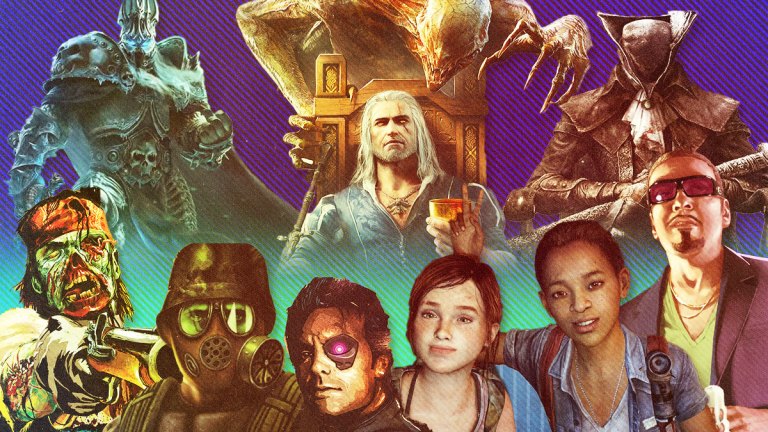
What is the point of a video game expansion? Too often, the point is to make some extra money without having to make an entirely new game. That’s not necessarily a sin, but the worst video game DLC expansions too often showcase the worst of gaming. Yet, the best video game DLC expansions show all the things that concept should be.
The best DLC expansions do more than give us an excuse to dive back into the games we already own. They revive, reinvigorate, and, in some cases, even redeem their base experiences. We all benefit from learning from our best and worst moments. Well, that’s also what the greatest expansions do. They benefit from the knowledge of seeing what came before and realizing how much more there still is to do.
Before we talk about the greatest video game DLC expansions, though, please note that this list also includes physical expansion packs released before the digital DLC era.
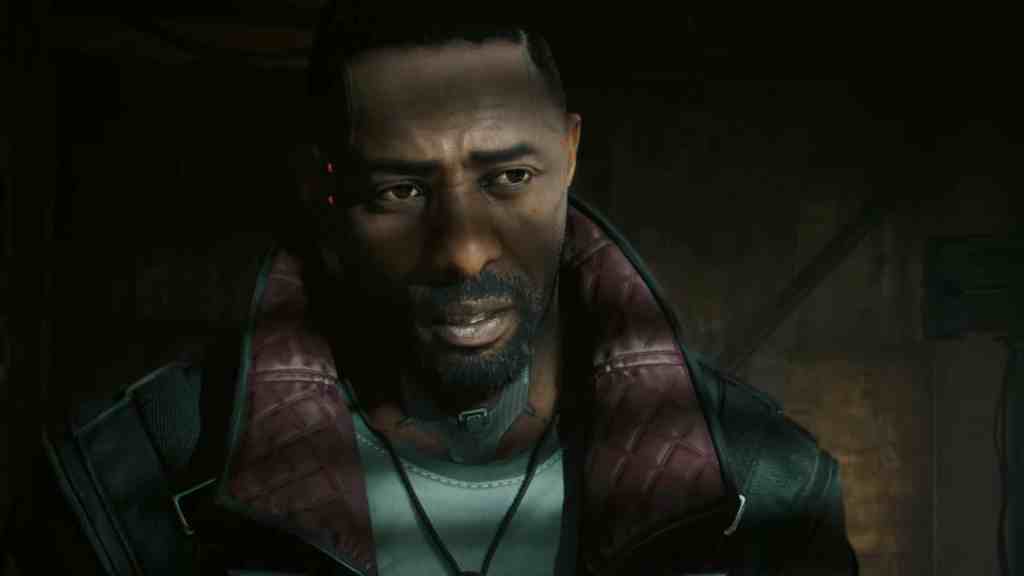
25. Cyberpunk 2077: Phantom Liberty
While some of Phantom Liberty’s brilliance can be attributed to the sweeping changes introduced in Cyberpunk 2077‘s 2.0 update, don’t discount how incredible the standalone elements of that expansion often are. At the very least, Phantom Liberty is the only Cyberpunk 2077 adventure built from the ground up (mostly) with the 2.0 changes in mind.
As such, Phantom Liberty often feels like a playground for the new and improved Cyberpunk’s best features. Its combat is intense, its world feels substantial, its narrative is exceptional, and it is even filled with the difficult decisions (both micro and macro) the base game sometimes lacked. It’s one of the biggest leaps in quality that an expansion has ever offered, though it’s certainly difficult to not be a little bitter when you think that the entire game could have been like this.
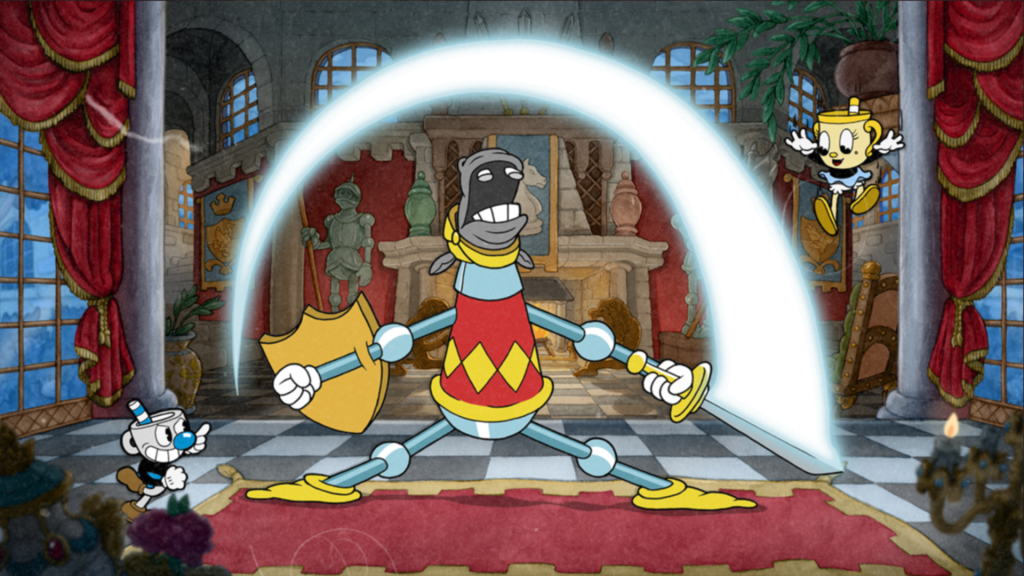
24. Cuphead: The Delicious Last Course
The Delicious Last Course is certainly one of the shorter expansions on this list, but it’s hard to hold that fact or this DLC’s long development time against it when you consider just how much time it takes to properly render this game’s stunning animations.
Along with being much more visually ambitious than the base Cuphead game (which is saying something), The Delicious Last Course is somehow even more challenging than the infamously difficult base Cuphead experience. Yet, it rarely (if ever) feels cheap. This game demands that you master every old Cuphead trick and a few new ones, but it rewards you for your patience and talent with some of the most exhilarating boss battles in recent gaming history.
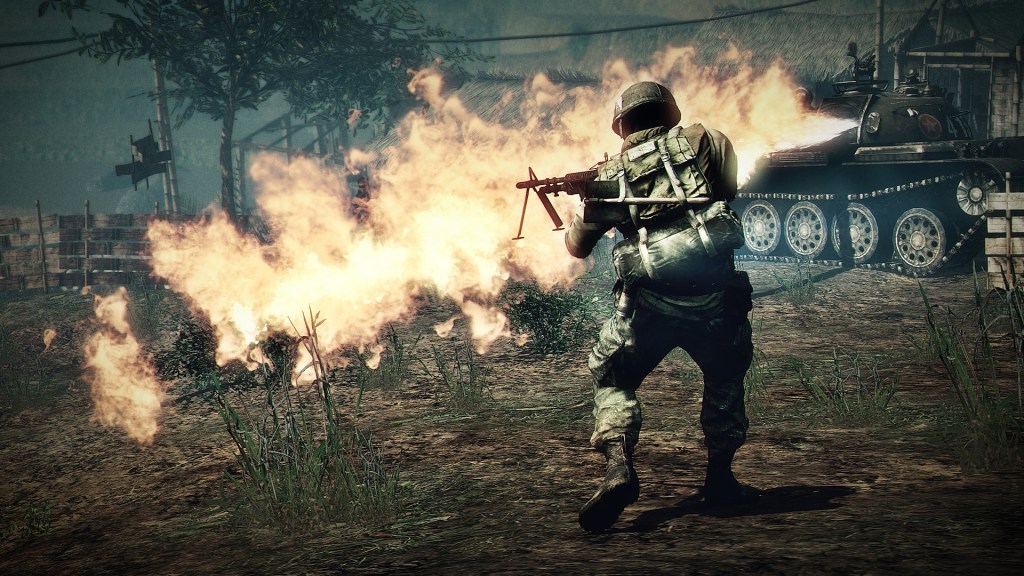
23. Battlefield Bad Company 2: Vietnam
I’ve never been entirely sure why we’ve never gotten a truly great standalone Vietnam War video game when so many exceptional movies have covered that time in history from so many angles. While this DLC’s campaign certainly doesn’t offer the definitive Vietnam War video game experience I’m looking for, its multiplayer may just be the best in Battlefield history.
Vietnam’s exceptional maps, incredible soundtrack, and general refinements to Bad Company 2’s already excellent multiplayer modes make it one of the most intense multiplayer FPS experiences of its era and arguably the gold standard for the entire Battlefield multiplayer concept. The vehicles, the squad roles, the surprisingly good XP system…nearly every element of this game’s multiplayer would still impress today if it was featured in a new release.
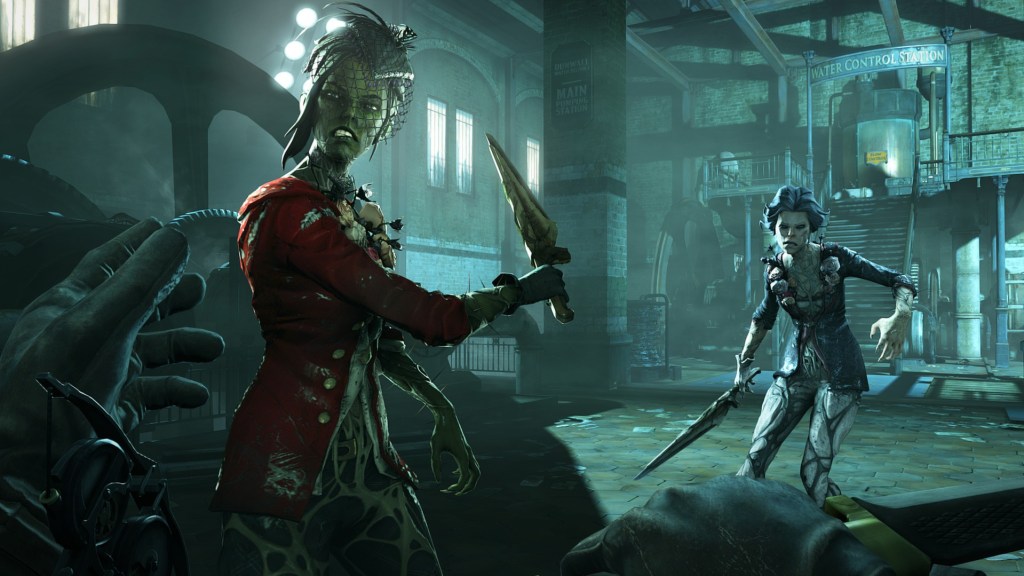
22. Dishonored: The Brigmore Witches
Both Dishonored games benefit from exceptional DLC, but The Brigmore Witches stands tall as the series’ finest expansion.
Essentially the culmination of both the base game and the previous DLC’s continuing narrative, Brigmore Witches’ story obviously benefits from the groundwork laid before it. Yet, it’s this expansion’s gameplay that shines brightest. Brigmore’s more challenging enemies, advanced abilities, and all of the ways you can navigate its more open levels make it the closest this series has ever come to capturing the very best elements of the Thief franchise.
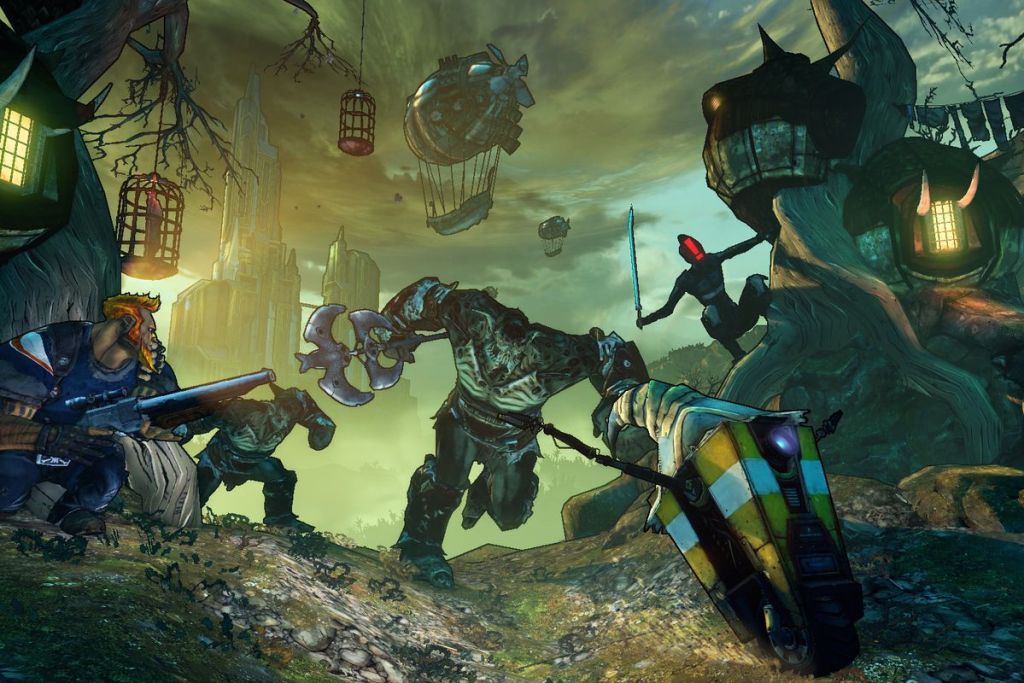
21. Borderlands 2: Tiny Tina’s Assault on Dragon Keep
While nobody expects the Borderlands franchise to take itself seriously, the entire concept of this DLC seemed a little…odd. A Borderlands expansion built around the idea that you’re playing a fictionalized version of D&D? Following a series of lackluster DLC releases, some worried that the team was just desperate to prolong the game’s success.
Instead, this DLC proved to recontextualize so many of the things that made Borderlands special in the first place. With all the rules thrown out of the window, Tina Tina offered a refined version of the Borderlands experience that benefited from top-shelf Borderlands pop culture references and Tiny Tina’s questionable effectiveness as the game master. The eventual quality of Tiny Tina’s Wonderlands only confirmed the strength of this concept.
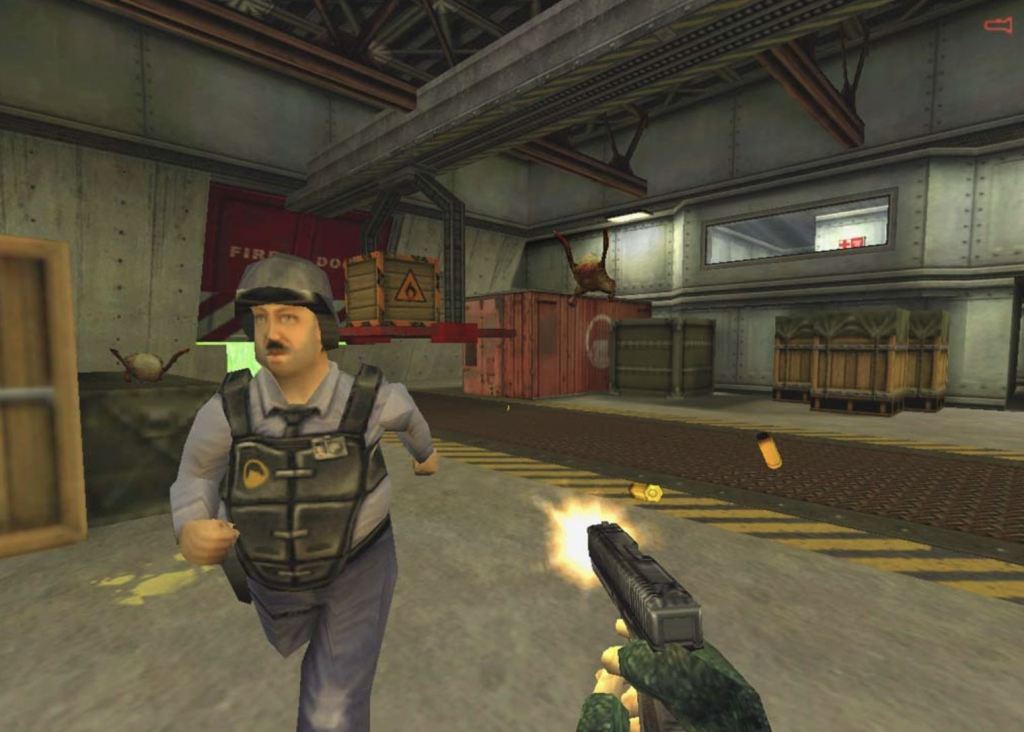
20. Half-Life: Opposing Force
While I’m also a fan of Half-Life’s Blue Shift expansion (which casts players in the role of a security guard during the Black Mesa incident), Opposing Force is a particularly exceptional extension of one of the best games ever.
Built on the brilliant premise that you essentially play as one of the Marines assigned to eliminate Gordon Freeman in the base game, Opposing Force does a fantastic job of presenting familiar (and welcome) Half-Life elements in a new way while offering essential new experiences. Even some of the expansion’s ideas that don’t entirely work (like the sometimes wonky NPC companions you fight alongside early on) showcase the ambition of this expansion and developer Gearbox’s understanding of the genre.
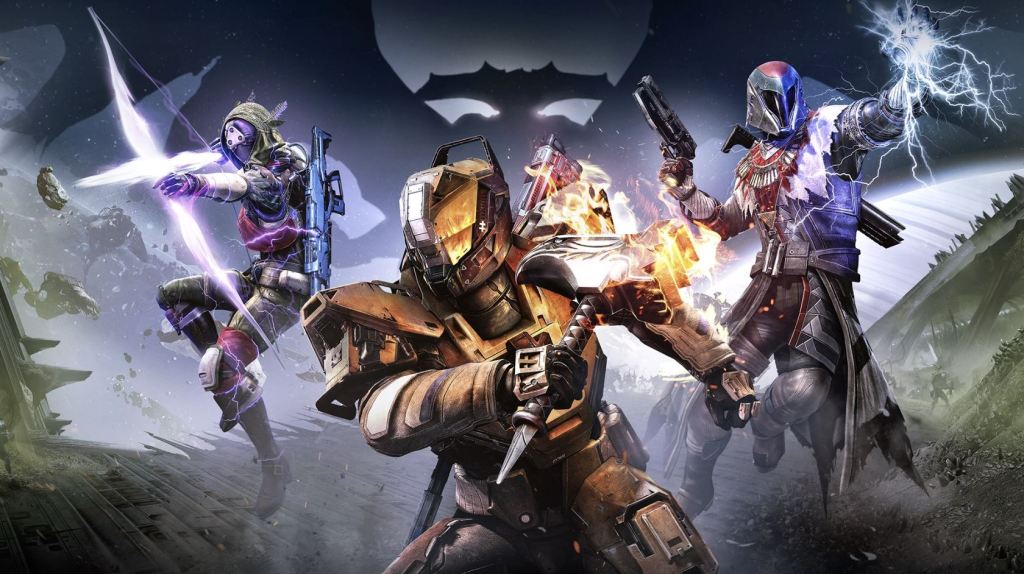
19. Destiny: The Taken King
While Destiny was certainly a commercial success from the moment it was released, even the game’s earliest and most adamant fans will likely admit that it didn’t quite live up to its full potential at launch. The Dark Below and House of Wolves expansions kept fans in the gameplay loop, but both essentially offered more Destiny rather than definitive proof that Bungie had any idea how to grow this game in the ways it needed to grow.
Well, The Taken King certainly offered that proof. Its fantastic campaign showed that Bungie hadn’t forgotten how to tell a story, while its expanded Strikes and Raids tested the limits of even the best Destiny players’ builds, skills, and teamwork. Individual improvements and new additions aside, Taken King’s greatest gift to Destiny fans was showing that the game’s team was capable of crafting an adventure that felt like it could only work within their then-unique take on the genre.
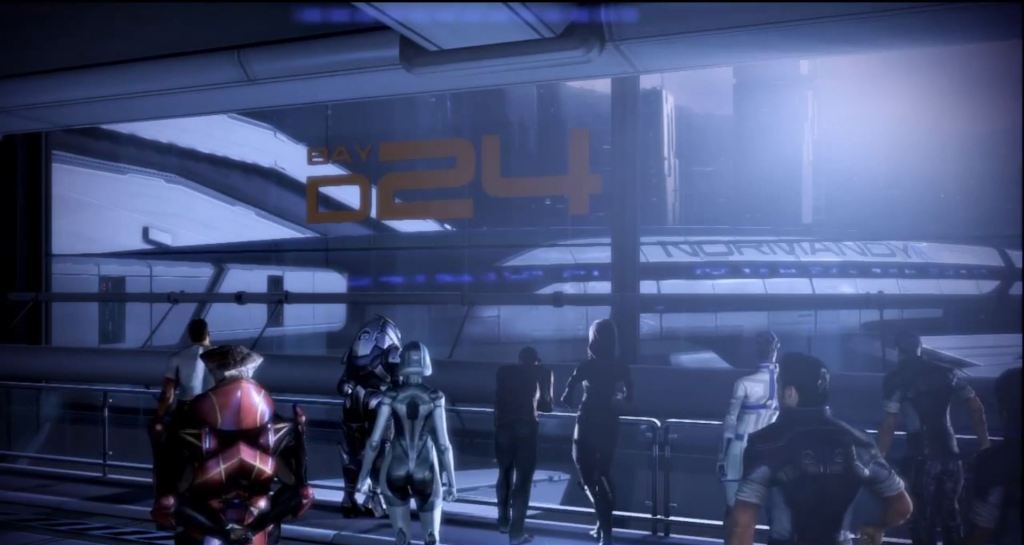
18. Mass Effect 3: Citadel
I sometimes think that the discourse surrounding Mass Effect 3 was always a touch overblown. Yes, that game’s ending was a disaster, but that finale’s shortcomings have come to define what was otherwise a very good game. People wanted to love Mass Effect 3 just as they loved the rest of the franchise. It’s just that Mass Effect 3’s ending made the game kind of hard to love.
As corny as this will sound, Citadel is all about love. It’s a love letter to the franchise and its fans delivered at a time when everyone needed it most. By allowing the Normandy crew to take some much-needed shore leave, Citadel also allowed players to spend time with those characters in more intimate scenarios that often still featured the series’ best writing and most adventurous creative elements. Nobody officially called it an “apology” ending, but it was certainly an appropriate one
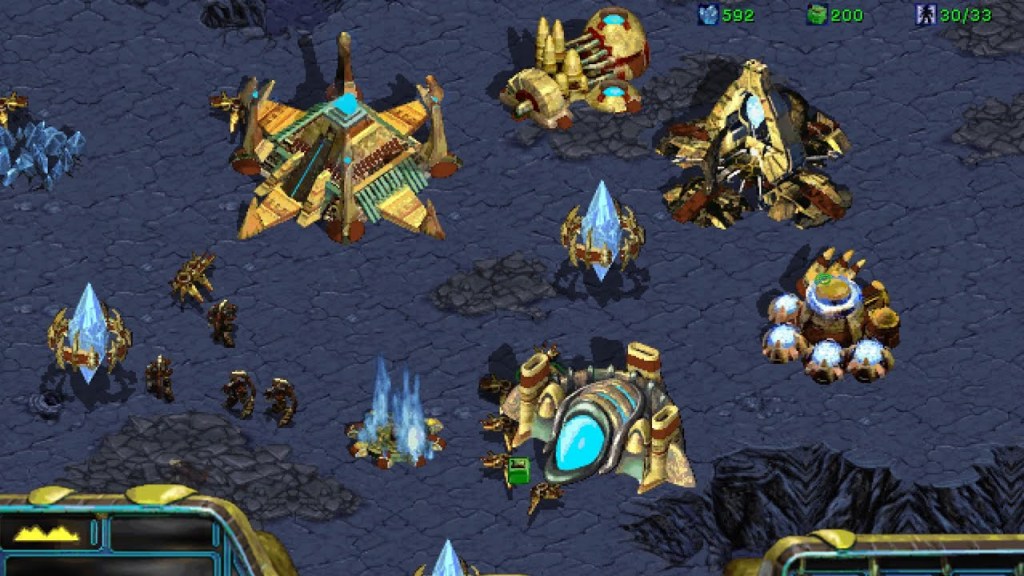
17. Starcraft: Brood War
Truth be told, Brood War is one of the less impactful expansions on this list. Whereas some expansions practically redeemed their base games by making serious changes, Brood War’s contributions are comparatively modest. Instead, Brood War’s greatest challenge was finding a way to add new content to a strategy experience that was often praised for being perfectly balanced.
Yet, Brood War somehow found a way to improve upon perceived perfection. Brood War’s new units, expanded environments, and brilliant difficulty tweaks (most notably, its improved enemy A.I.) forced players to consider new tactics without having to completely abandon what they learned and mastered before. Starcraft may be one of the greatest strategy games ever, but it’s hard to imagine playing it without Brood War installed
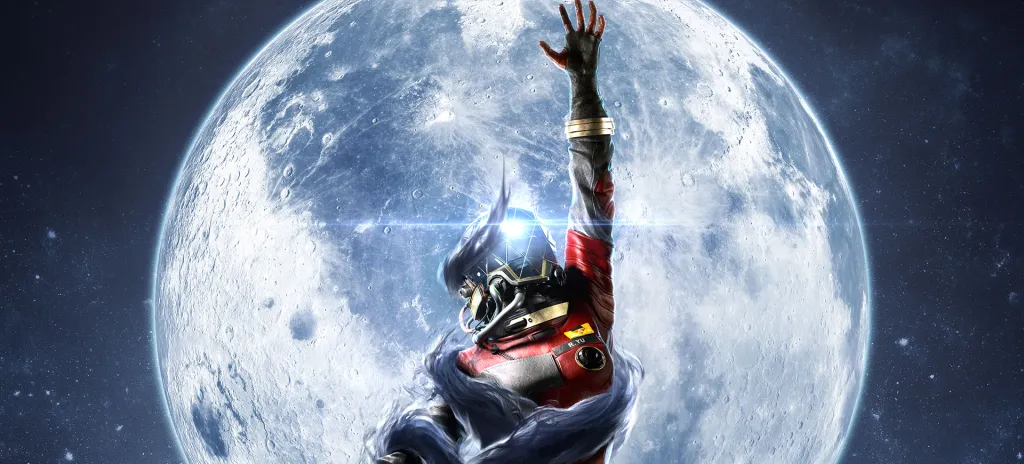
16. Prey: Mooncrash
Mooncrash is probably the most underrated expansion on this list, though that’s a pretty fitting legacy for the DLC expansion to a game that has long been tragically underrated. If for some reason you did give Prey a chance but never tried Mooncrash, then I beg you to give this DLC some love as well.
By randomizing its enemy positions, traps, and loot layouts every time you die, Mooncrash essentially turns Prey into a Roguelike experience. Players are even able to choose between multiple playable characters with their own strengths and weaknesses, and eventually upgrade them as they slowly progress. While Mooncrash makes a jarring transition from the base experience to say the very least, it ultimately builds its adventure on the common ground between Rougelikes and immersive sims. In a better world, Arkane would have been allowed to make a full game like Mooncrash.
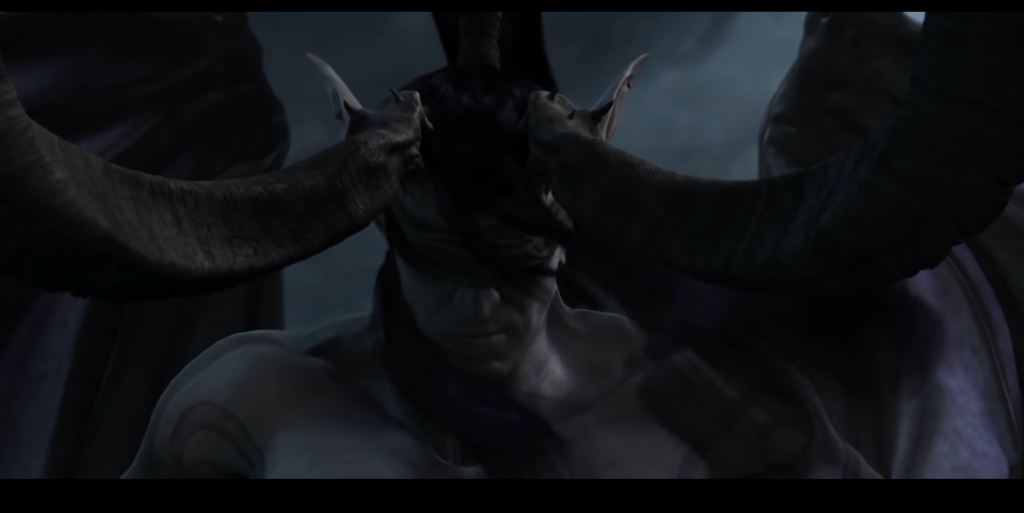
15. Warcraft 3: The Frozen Throne
Another expansion for a Blizzard RTS? What can I say; Blizzard used to make some incredible expansions. It’s a point I’ll revisit a couple more times on this list.
Actually, I worry that Warcraft 3’s reputation has been negatively altered by both that abysmal remaster and the ways that World of Warcraft has come to define the Warcraft legacy. Before all of that, though, Warcraft 3 really did raise the bar for RTS titles. Its mechanics weren’t necessarily the deepest, but the game’s stunningly deep story and rich visuals immediately separated Warcraft 3 from the competition and set up so many of the ideas that would later define the WoW mythos.
Well, The Frozen Throne brilliantly continues that story by showcasing the uneasy alliance that has formed between those who oppose the Lich King as well as the mounting consequences of Arthas’ continuing conquest. It’s an epic faction-based fantasy narrative that clearly draws upon genre influences (as well as the previous games) but ultimately feels surprisingly unique to this experience. It’s also often told between some exceptional battles that are greatly enhanced by this expansion’s numerous subtle and sweeping improvements.
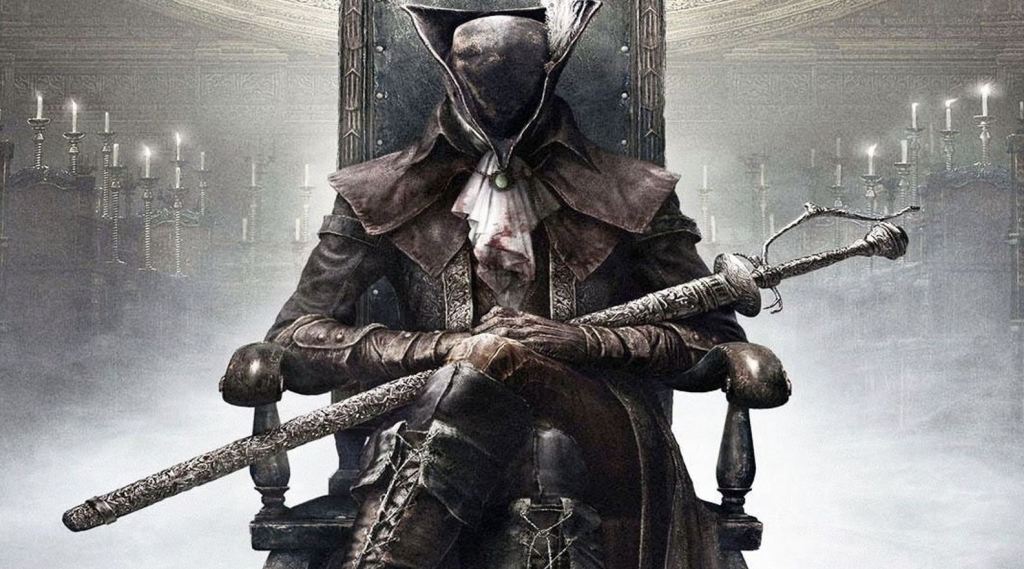
14. Bloodborne: The Old Hunters
Anyone who knows FromSoftware’s works also knows that the studio loves to save the most difficult Soulsborne challenges for their DLC. Clearing a FromSoftware DLC release is a right of passage for even the most hardcore Soulsborne fans. Well, The Old Hunters may just be the studio’s crown jewel in terms of absurdly difficult expansions.
Despite giving you a surprising amount of powerful new gear to play with, The Old Hunters is guaranteed to push Bloodborne players to their absolute limits. Like so many of FromSoftware’s best games, though, it’s Old Hunters’ execution of nearly everything it does that keeps it from being overwhelmingly frustrating. You’ll likely die a few times because you’re too busy admiring the stunning gothic world that the Old Hunters team has crafted. Your many subsequent deaths will be softened by the knowledge that you’re dying to some of the finest challenges ever crafted by the genre’s innovators.
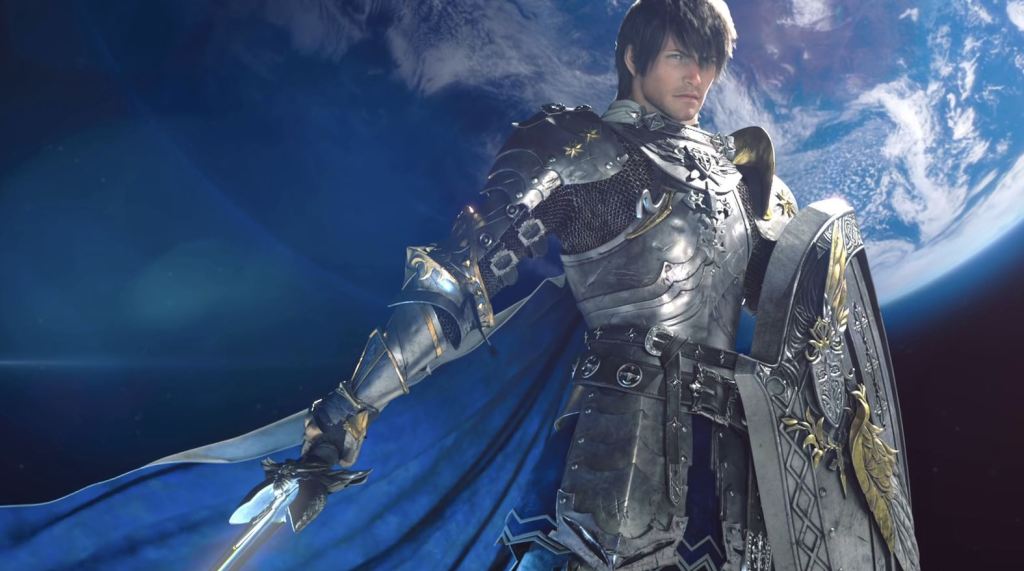
13 Final Fantasy 14: Endwalker
Ever since Final Fantasy 14 essentially rebooted itself with Realm Reborn, the game’s fans have been blessed with a series of high-quality expansions that represent the high points of the game’s much-needed change in direction. While any (or at least most) of those expansions could have made this list, Endwalker somehow raised a bar that people thought couldn’t go any higher.
I won’t bore you with the wealth of content Endwalker offers and how it could have easily filled a lesser game. Instead, I think it’s enough to say that Endwalker somehow brought an emotional and satisfying end to the most ambitious MMORPG narrative ever crafted. It’s not quite the end of Final Fantasy 14, but it certainly feels like the culmination of this game’s achievements.
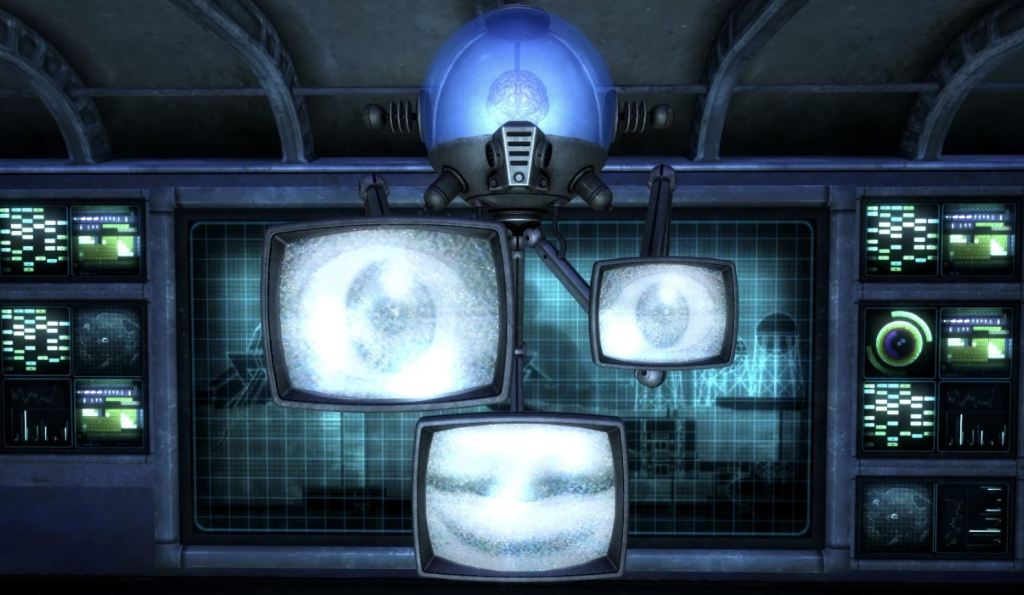
12. Fallout: New Vegas – Old World Blues
While Fallout 3 and New Vegas’ DLC expansions weren’t always perfect (you know what you did, Courier’s Stash), those titles really do represent a brief golden age for ambitious DLC when creative expansions to established single-player titles were sometimes taken for granted. Yet, even when measured by some fairly high standards, Old World Blues stands apart.
In Old World Blues, the player soon learns the legend of the Big MT: a research facility that once supposedly housed the world’s greatest scientists. What follows one of the most insane adventures in a franchise known for its insane adventures. It’d be a crime to ruin some of this DLC’s greatest moments, but it’s enough to know that Old World Blues is the funniest and best-written chapter in the entire New Vegas lineup. If you ever needed proof that Obsidian should have been handed the keys to the Fallout franchise, you’ll find plenty of it here.
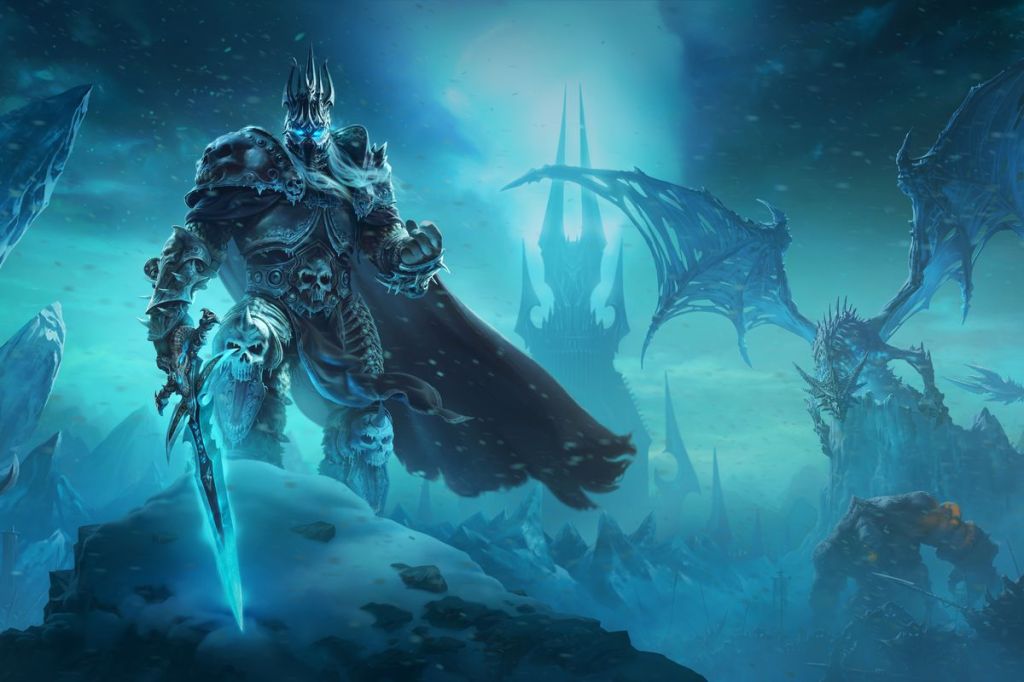
11. World of Warcraft: Wrath of the Lich King
Though the arguments over the best World of Warcraft expansion will likely never truly stop, it’s no surprise that Wrath of the Lich King regularly finds itself at, or near, the top of such lists. At the very least, Wrath of the Lich King led to the peak of WoW’s popularity, power, and cultural impact. For some, Wrath will always be associated with the MMORPG’s best days.
Popularity aside, what actually made Wrath of the Lich King so special? Well, along with wrapping up some of the lingering narrative threads that began in Frozen Throne (and allowing players to explore the wonderful world of Northrend in the process), it offered a brilliant blend of requested improvements and creative new concepts. Previously ignored class archetypes got a little more love, Raids were more accessible (yet far more intricate), and numerous mechanics were made more accessible without losing that underlying sense of wonder.
This has never been a perfect expansion. In many ways, though, it best represents the things that made WoW special.
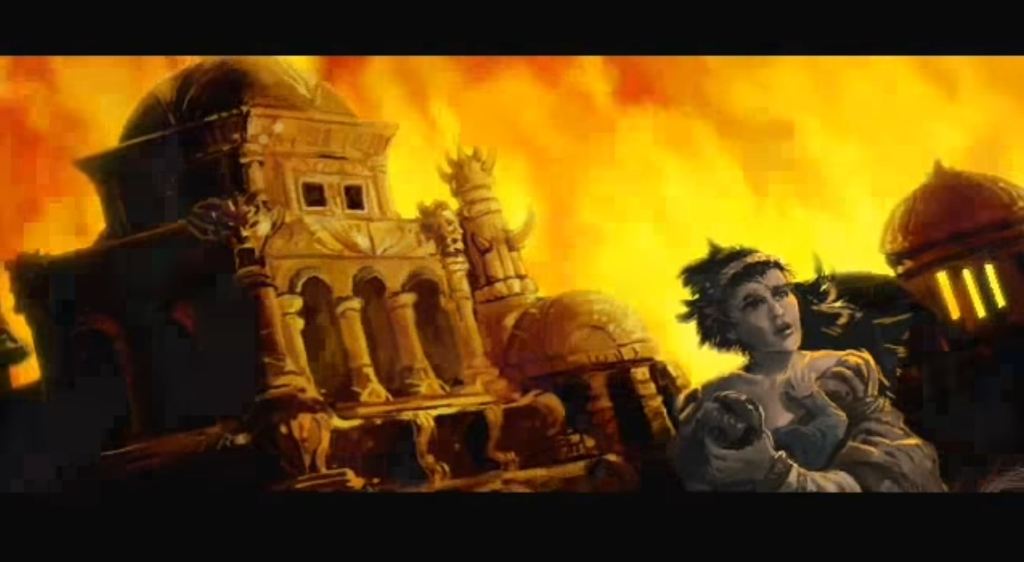
10. Baldur’s Gate 2: Throne of Bhaal
Throne of Bhaal is another expansion to a game that really had nothing left to prove. Then again, Baldur’s Gate 2 was the sequel to a game that seemingly left very little off the table. This was a time when BioWare was dedicated to raising the bar they had set, and they weren’t going to settle for less just because this was “only” an expansion.
As a result, Throne of Bhaal forges its own legacy. Though technically much shorter than the base game, Throne of Bhaal throws a lot on the table for even veteran players to deal with. While that includes a variety of new abilities and possibilities, you’re going to need all of those tools if you’re bold enough to have any dreams of actually surviving this game’s daunting battles. While I know that some are actually turned off by this expansion’s combat-heavy nature, I’ve always found that to be the kind of welcome departure from previous conventions we look for in the best expansions.
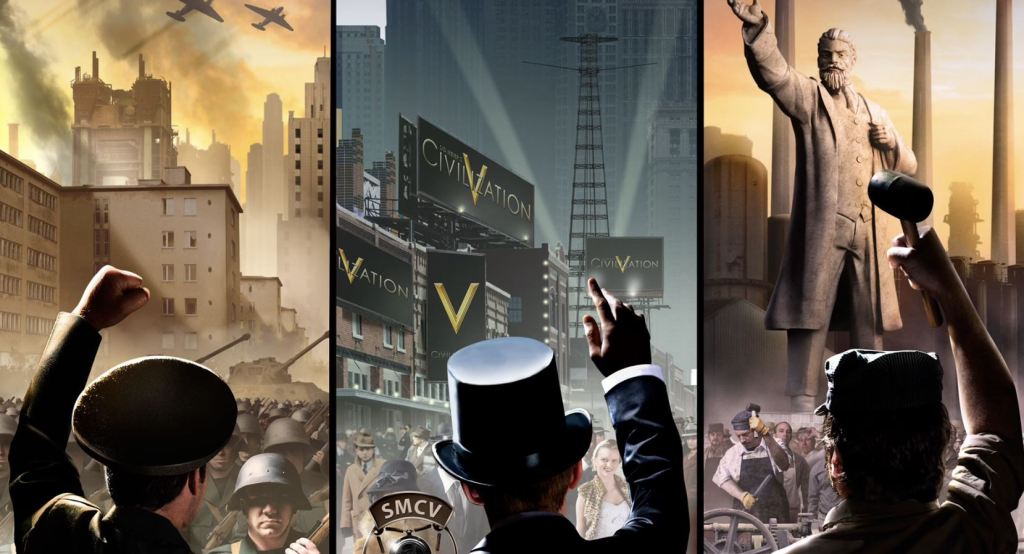
9. Civilization V: Brave New World
Honestly, there have been relatively few Civilization expansions over the years that have fallen short of greatness. However, Brave New World stands out for the ways it elevated an exceptional base experience while encouraging entirely new ways to approach that game.
Along with the usual array of Civilization expansion additions (new scenarios, Wonders, units, etc.), Brave New World reimagines the base game’s ideological, social, and political systems. The result is a Civilization experience where victory not only comes in so many new forms but feels satisfying in ways that even classic Civilization conquest concepts do not.
Yet, despite introducing so many complex elements and new strategies, Brave New World does little to diminish the accessibility that gives Civilization that famous “one more turn” quality that keeps you playing long past the point when greater responsibilities should be demanding your attention. Nobody was really asking for sweeping improvements to the Civilization franchise, but Brave New World delivered them in ways that have proven to be hard to top.
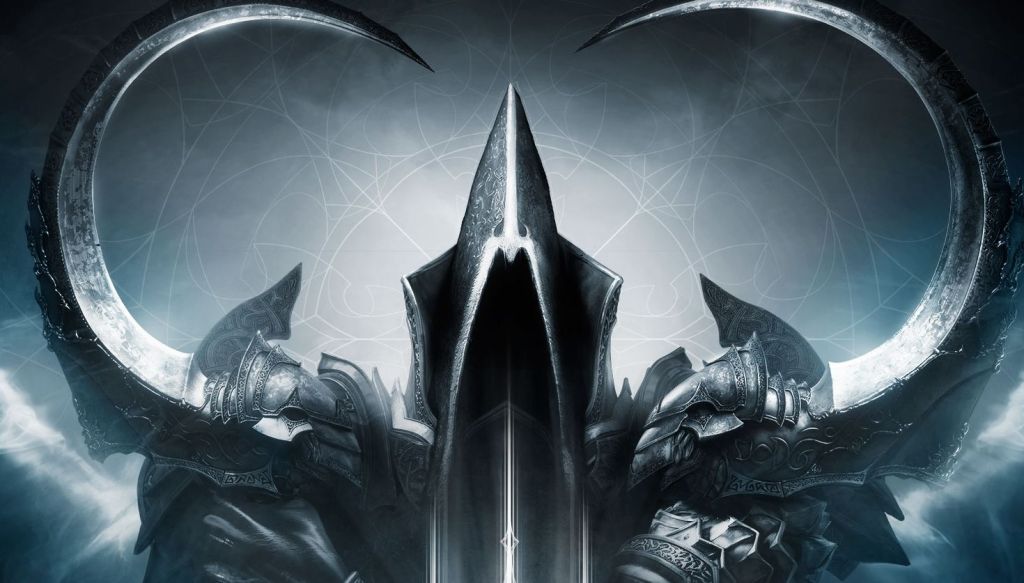
8. Diablo III: Reaper of Souls
If this list was ranked solely on the basis of expansions that righted the wrongs of their base games, then Reaper of Souls would rank even higher than this. Along with the massive patch that preceded its release, Reaper of Souls addressed the many, many issues with Diablo 3 that fans just started to assume they would always have to live with.
Defined by its darker tone and the ways that tone represented the series’ untarnished glory days, Reaper of Souls is less of a total overhaul of Diablo 3 and more of an exploration of the many ways that game could be improved by incorporating twists on old concepts that remained true to the series’ recent innovations. It wasn’t quite the “Diablo 2: 2” experience that some fans begged for, but it was a game that made a lot more people realize that Diablo 3 was really just a few improvements away from being something pretty special in its own right.
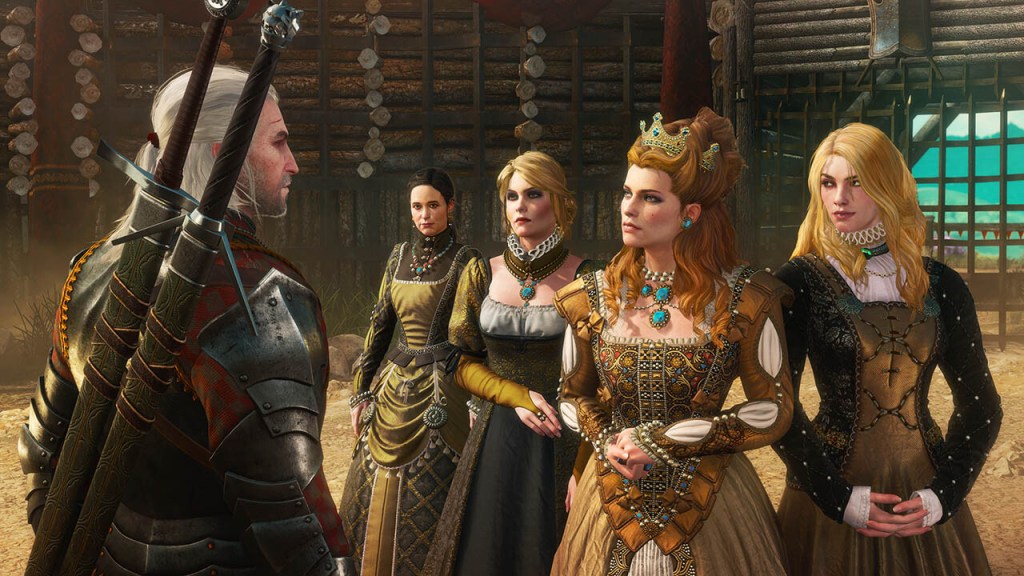
7. The Witcher 3: Blood and Wine
Honestly, feel kind of bad for not including Hearts of Stone on this list given that it’s an exceptional expansion that sometimes gets overlooked. It’s just that there are times when I just can’t believe that something like Blood and Wine exists.
Few (if any) people walked away from The Witcher 3 thinking “That wasn’t enough game for me.” Yet, CD Projekt Red still delivered two exceptional expansions that felt worthy of being standalone games. While Blood and Wine is certainly noteworthy for giving Witcher 3 an impossibly brilliant series of endings that somehow all feel appropriate, it’s the quality of the game’s main quest that sticks with me all these years later.
Despite its use of numerous horror-like concepts, Blood and Wine’s surprisingly playful (yet impactful) narrative feels like the ultimate flex of an all-time great RPG studio working at the top of its game.
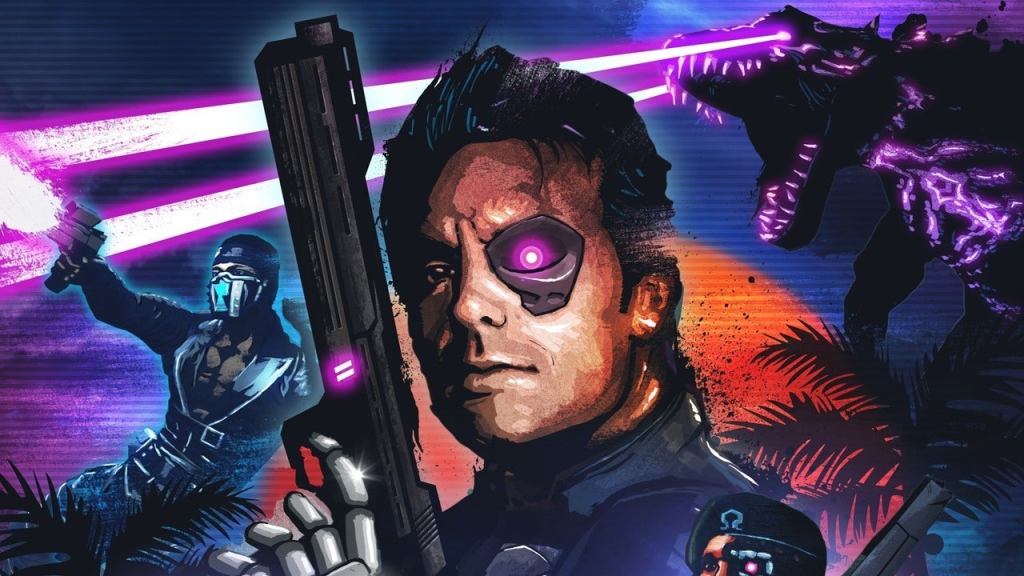
6. Far Cry 3: Blood Dragon
It’s sometimes bizarre to think of Blood Dragon as an “influential” experience, but that’s very much what this game is. At a time when studios were figuring out how to make the most out of the lucrative world of DLC, the Blood Dragon team came out and said “What if everyone just let themselves get real weird with it?”
It wasn’t the first expansion to attempt such a massive departure from its base game, but nobody had really seen anything quite like Blood Dragon up until that point. Its overwhelming (in a good way) B-movie references and neon visuals were perfectly complemented by an expertly implemented synth soundtrack. Blood Dragon contains so many absurd ideas, yet the game manages to combine them in a way that somehow makes all those concepts feel like they’ve always belonged together.
Blood Dragon was the excuse that developers and gamers needed to lighten up a bit about the whole DLC thing and just have some fun.
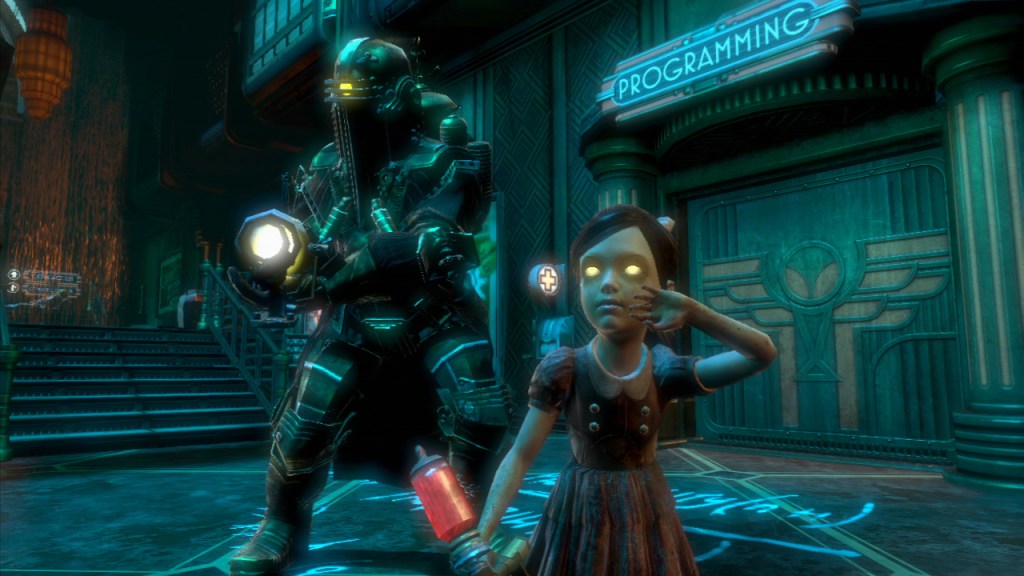
5. BioShock 2: Minerva’s Den
Though I like BioShock 2 more than most, it’s hard to argue against the game’s black sheep status. Not only was it not developed by Irrational Games, but it actually cast you in the role of a Big Daddy. It always felt closer to a DLC than a proper sequel, and that “2” in the name really seemed to rub some the wrong way.
While I accept that BioShock 2 will always be an oddity, it pains me to realize that the game’s outsider status means that the majority of BioShock fans have likely never experienced arguably the series’ finest hour: the Minerva’s Den DLC. Mind you, I’m nearly being literal there. You can beat this DLC in just a handful of hours.
Despite its short runtime, Minerva’s Den features some of the best storytelling in any of the BioShock games. Built around a battle between great minds over the fate of a powerful supercomputer known as “The Thinker,” Minerva Den’s narrative raises and addresses some tough questions about whether there is really a truly “moral” use for advanced A.I. technology (sound familiar?). While all BioShock games raise such complex questions, it’s the ways that Minverva’s Den examines them through such a human lens (despite not starring a human) that makes it so special. It’s no wonder that some of the game’s principal creators went on to form The Fullbright Company and create games like Gone Home and Tacoma.

4. Grand Theft Auto 4: The Ballad of Gay Tony
I love Grand Theft Auto 4, but like some other fans at the time of its release, I just couldn’t shake the feeling that the game somehow felt smaller than San Andreas. While the game was, of course, technically larger, its more grounded nature meant that it sometimes lacked the absurd activities that San Andreas could utilize without any real explanation ever being needed.
The Ballad of Gay Tony DLC brings back some of that classic GTA absurdity, and with it comes some of those little pleasures that it sometimes felt like GTA 4 lacked. Yes, that includes outlandish missions like stealing a subway car for a misguided kid trying to give his dad the ultimate present, but it extends lesser side activities like golfing, running a nightclub, and delivering drugs across town. Such things may not sound like much on their own, but they gave you those invaluable little things to do that were missing from the base GTA 4 experience.
More than anything, though, it is the ways that Ballad of Gay Tony incorporated those sillier elements into the GTA 4 experience without completely betraying that game’s more mature evolutions that make it a minor miracle. No matter how crazy things get, the people and events of Ballad of Gay Tony somehow feel like they belong in a world that is a bit closer to our own.
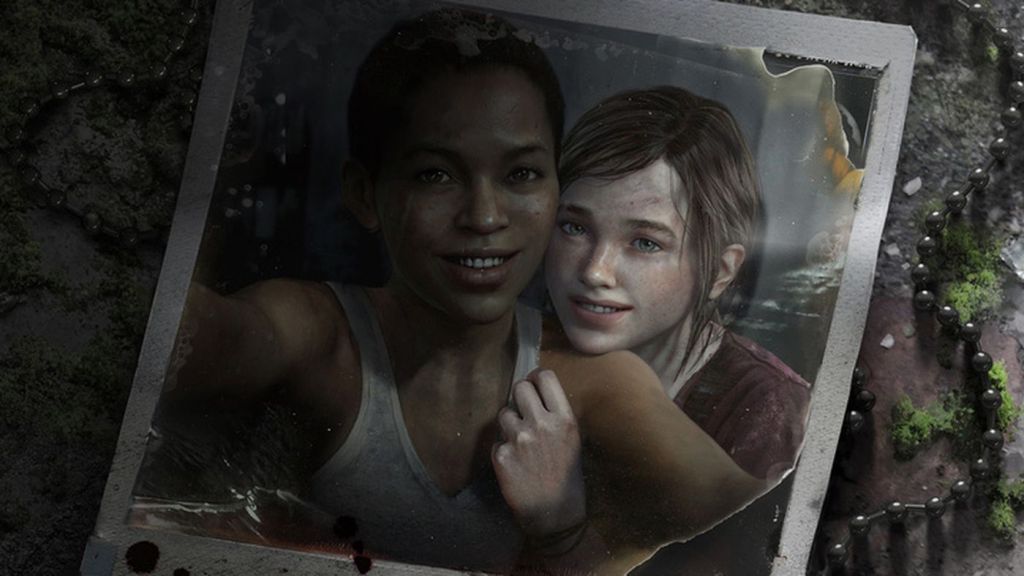
3. The Last of Us: Left Behind
I went into Left Behind with some trepidation. Unnecessary DLC in video games was nothing new, but in the case of Left Behind, there was a very real chance that the events of the DLC could compromise or negatively alter a game that was widely acclaimed for its storytelling.
Instead, Left Behind solidified The Last of Us‘ status as the greatest video game story ever told. Impeccably incorporated into the game’s main narrative, Left Behind staged one of the game’s greatest tragedies by also featuring some of its most notable triumphs. We know (or rightfully suspect) that Ellie and Riley’s joyful journey through an abandoned mall can’t end well. Yet, much like the girls themselves, our knowledge of the horrors that may come does little to diminish the pure joy of watching two true souls who need and deserve a victory enjoy a brief respite from the terrors that will otherwise shape much of their existence.
It’s now impossible to imagine telling The Last of Us story without Left Behind. That chapter was even a highlight of the HBO series, and its intimate nature almost certainly inspired that series’ finest, and most original, episode.
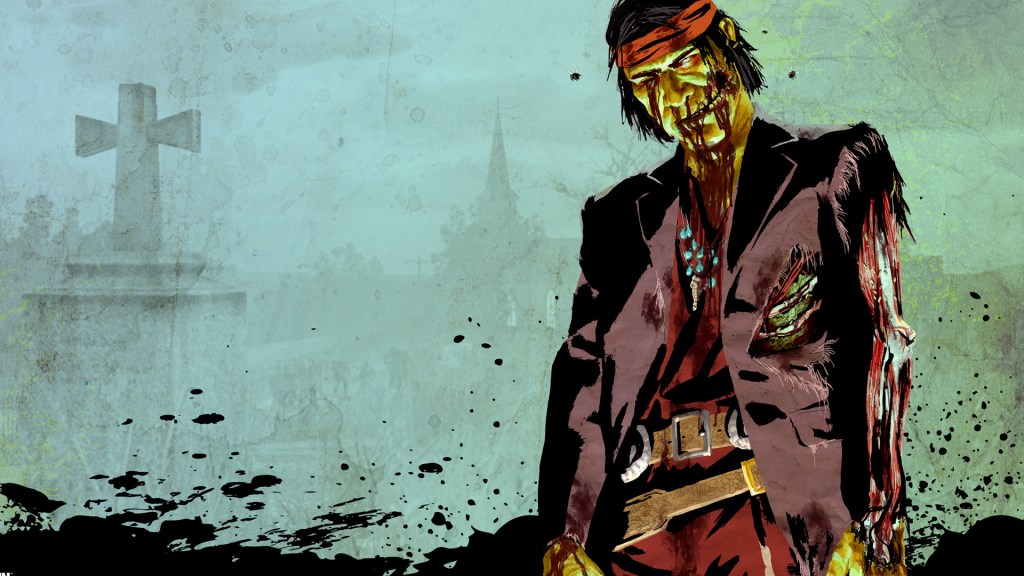
2. Red Dead Redemption: Undead Nightmare
Given Red Dead Revolver’s mixed reception, few expected Redemption to be anything greater than an old-west GTA spin-off. Of course, it proved to be so much more than that. Similarly, few fans expected Undead Nightmare to be little more than a cute, brief, zombie-filled “horde mode” released just in time for Halloween. What we got instead was a game that the talented team at Rockstar took very seriously despite its seemingly silly premise.
Not satisfied with relying on the same old genre tropes, the Undead Nightmare team instead asked themselves what a horror movie version of Red Dead Redemption’s take on the Western genre might look like. The result was a game that somehow retained the spirit of RDR’s most impactful thematic ideas while translating those ideas into an entirely new genre. No matter how wild this expansion got (and it got real wild), everything felt like it fit into the acclaimed RDR universe.
Of course, it didn’t hurt that battling waves of zombies with RDR’s excellent shooting and riding mechanics proved to be so much more fun than it had any right to be. In some ways, Undead Nightmare has become even more famous (or perhaps just beloved) than even RDR was. It’s a miracle that something like this was allowed to exist, and video game DLC was (briefly) better because of it.
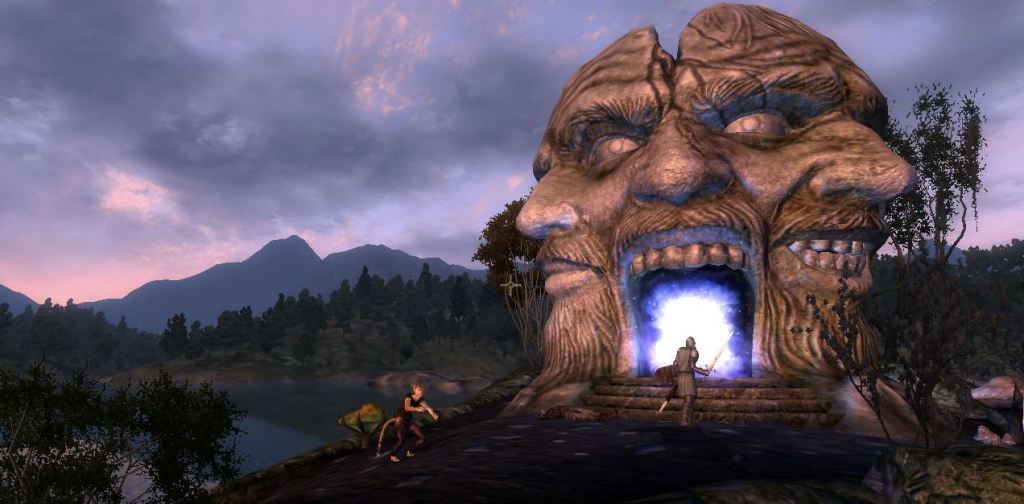
1. The Elder Scrolls 4: Oblivion – Shivering Isles
In the early days of video game DLC (or at least the digital age of the concept), Bethesda made the truly terrible decision to release the now-infamous “Horse Armor” add-on for Oblivion. For $2.50, Bethesda offered the…privilege of owning entirely cosmetic armor for your in-game horse. Mocked even in its time, the Horse Armor DLC has since gone on to define the laziest and greediest elements of a multibillion-dollar corner of the industry that more than a few people say has irreparably damaged the creative soul of gaming as an art form. You could say I wasn’t a fan.
Bethesda didn’t stop there, though. They continued to release more, and gradually more substantial, DLC for Oblivion. The game’s run of DLC eventually culminated with the 2007 debut of Shivering Isles: the greatest DLC expansion in gaming history.
While Shivering Isles wasn’t necessarily more substantial or ambitious than the biggest and best expansion packs that preceded it, it was an often stunning example of what DLC was truly capable of. Thrusting players into the Shivering Isles (which are ruled over by the always charming Prince of Madness, Sheogorath), this expansion allowed the Oblivion team to push their already impressive work to incredible new heights. The world was more colorful, the gear was more creative, and the quests…well, the quests are some of the best in RPG history.
It is strange, yet strangely appropriate, that Oblivion offered the best and worst DLC in gaming history. To this day, though, Shivering Isles stands as proof that truly exceptional DLC can make even the greatest games greater than we ever dreamed.
